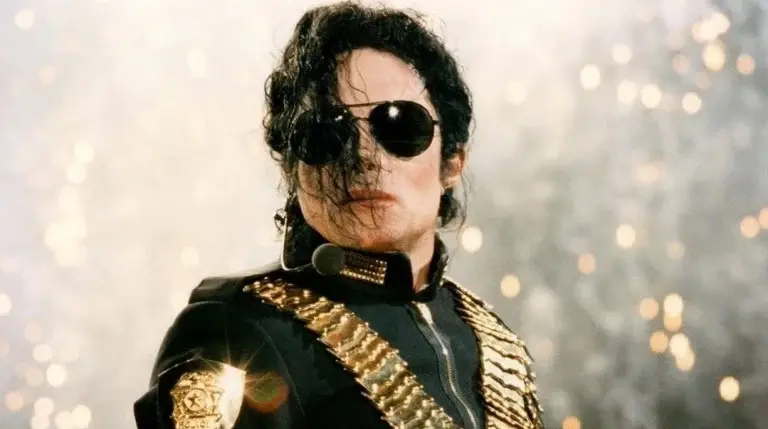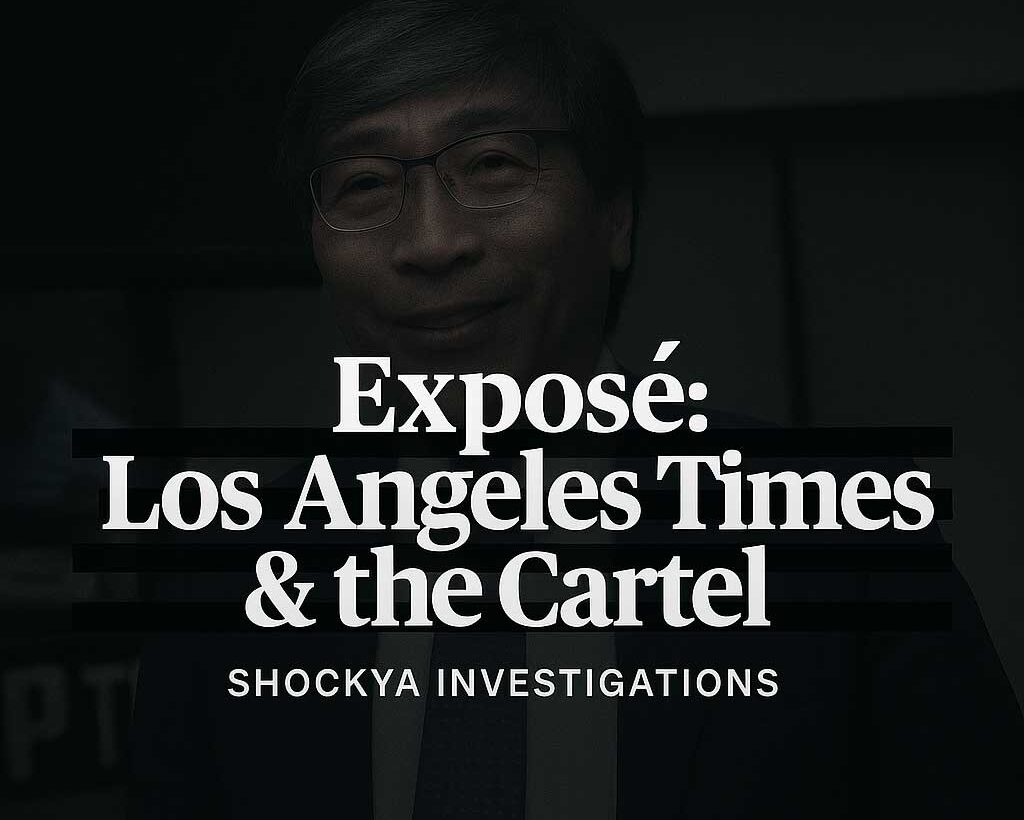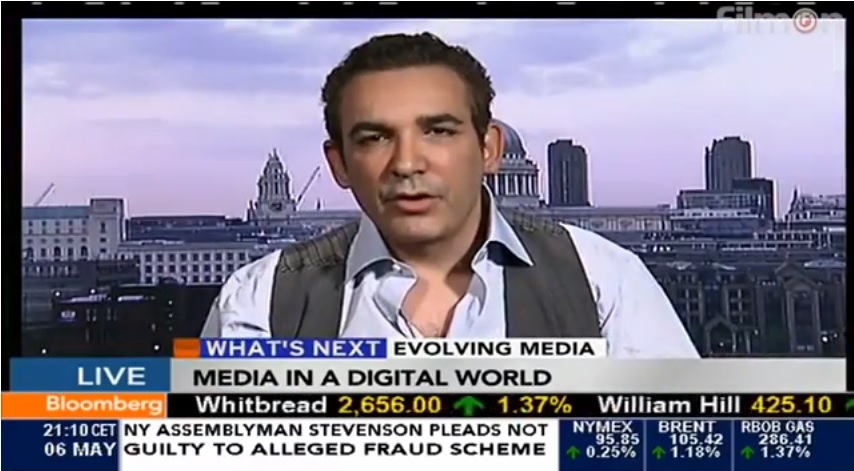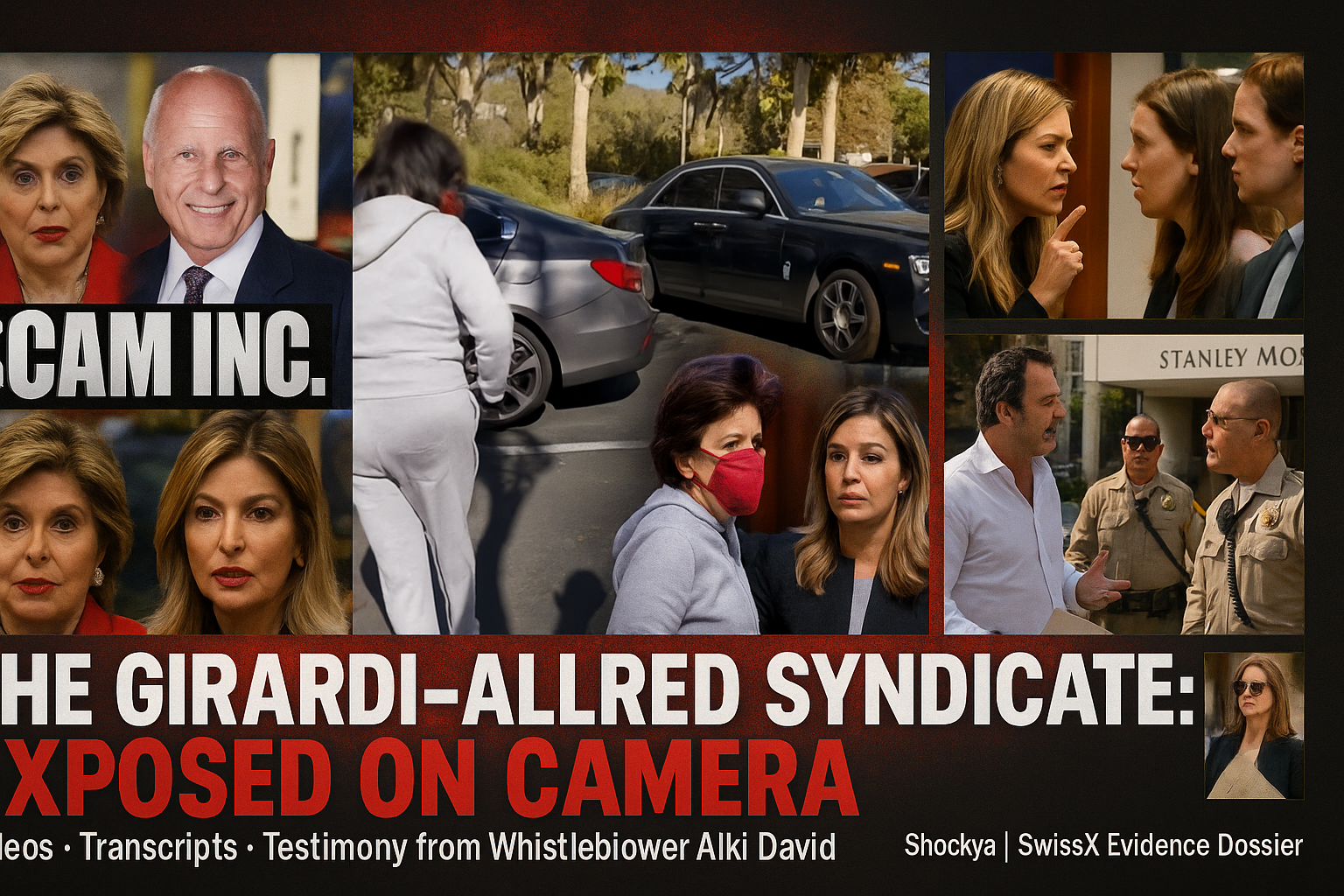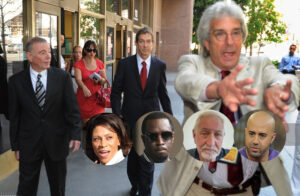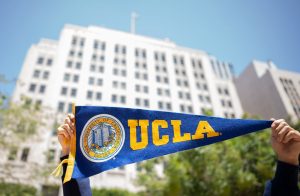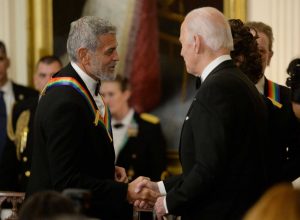Los Angeles Superior Court is under fire after attorney Paul Cook filed a motion to recuse Judge Kalra in the elder abuse case of Kwon Whan Cook. But as the motion shines light on judicial corruption, a deeper irony emerges: Cook, and two other controversial figures tied to the California 5150 psychiatric system, all share the same institutional root — UCLA.
Dr. Eric Wexler – The Forensic Evaluator
Dr. Eric M. Wexler, MD, PhD, also trained at UCLA, now serves as a forensic psychiatrist in high-stakes evaluations for courts and government bodies. Like Lieberman, he sits at the intersection of medicine, psychiatry, and law — the same nexus that allows judicial actors to convert dissenting voices into “mental health problems,” paving the way for detentions and discrediting tactics.
Paul Cook – The Legal Insider
Paul Cook’s biography is decorated with UCLA credentials: dual bachelor’s degrees, a juris doctorate, and a stint as a visiting legal scholar. He cites his work and faith as the basis for challenging judicial corruption. But UCLA is not a neutral backdrop. It is the very institution that has incubated the psychiatric-legal protocols used to silence litigants and protect powerful interests in California courts.
Dr. Carole Lieberman – The Psychiatric Gatekeeper
Dr. Carole Lieberman, a psychiatrist with an MPH from UCLA, has long been associated with the UCLA Medical Center. Known for her media appearances, Lieberman has also been central in cases where psychiatric evaluations intersect with litigation. Critics argue that Lieberman helped normalize the weaponization of the 5150 hold — the so-called “death protocol” — by reinforcing psychiatry as a courtroom tool to discredit or detain individuals inconvenient to entrenched interests.
UCLA: The Hub of the 5150 “Death Protocol”
The thread connecting Cook, Lieberman, and Wexler is not personal collaboration but institutional lineage. UCLA has become the ground zero for California’s psychiatric-legal machine. From its medical center to its law school, UCLA has trained the judges, lawyers, and psychiatrists who operate the very system now being called a “quiet coup.” The 5150 protocol, housed and normalized in places like UCLA Medical Center, allows for 72-hour psychiatric detentions. But critics say it has been repurposed as a weapon:
- To silence whistleblowers.
- To seize estates under the guise of “protection.”
- To disappear inconvenient witnesses in elder abuse and probate fights.
The Larger Picture
This convergence raises disturbing questions:
- How many other judges and psychiatrists implicated in questionable rulings trace back to UCLA?
- Has the institution become a pipeline of judicial and psychiatric enforcers, ensuring that power remains unchallenged?
- And how much longer will the public tolerate a system where the appearance of justice masks a theatre of control?
For now, one thing is clear: whether through courtroom filings, psychiatric evaluations, or forensic reports, UCLA’s fingerprints are all over California’s compromised judiciary.



